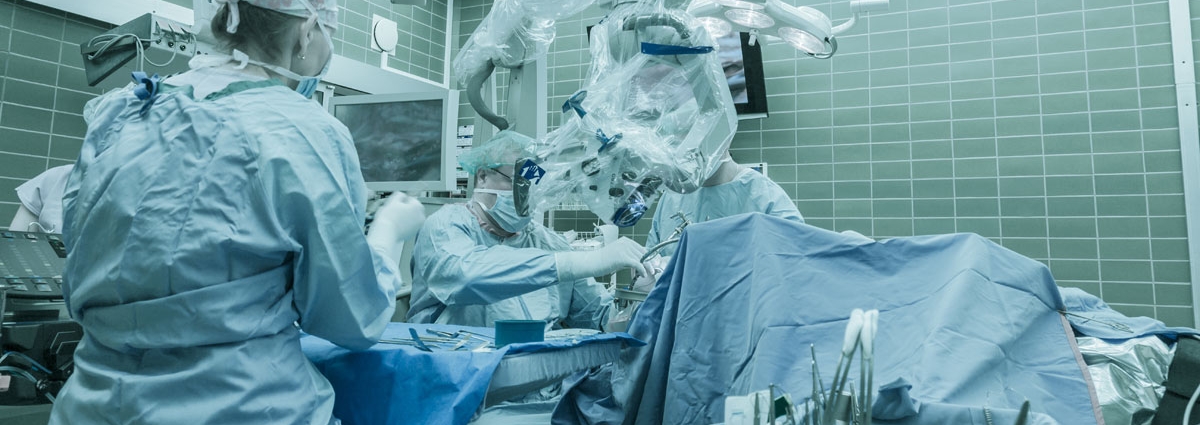
Unitat de Rehabilitació de la Paràlisi Facial Central
La paràlisi facial central és una condició que resulta del dany a les vies nervioses del cervell que controlen els músculs de la cara. Això pot provocar debilitat o paràlisi, afectant la capacitat de fer expressions facials, parlar amb claredat i altres funcions importants. Al nostre Institut, comptem amb una unitat especialitzada en la rehabilitació integral de la paràlisi facial central, oferint un enfocament personalitzat per ajudar els pacients a recuperar la funció i millorar la seva qualitat de vida.
Causes Comunes de Paràlisi Facial Central:
La paràlisi facial central pot ser causada per diverses condicions que afecten el cervell, sent les més comunes:
- Accident Cerebrovascular (ACV o ictus): La interrupció del flux sanguini al cervell pot danyar les àrees responsables del control motor facial.
- Tumors Cerebrals: El creixement de tumors en certes àrees del cervell pot exercir pressió sobre les vies nervioses que controlen els músculs facials.
- Esclerosi Múltiple (EM): Aquesta malaltia autoimmune pot danyar la mielina que recobreix les fibres nervioses del cervell i la medul·la espinal, interrompent la comunicació entre el cervell i els músculs facials.
- Lesions Cerebrals Traumàtiques: Un cop fort al cap pot danyar les àrees del cervell que controlen el moviment facial.
En què consisteix la rehabilitació?
El nostre programa de rehabilitació està dissenyat per ajudar a recuperar la funció muscular, millorar la simetria facial i minimitzar les seqüeles a llarg termini. Es basa en una avaluació exhaustiva.
Combina diverses estratègies per optimitzar la recuperació, incloent-hi la fisioteràpia especialitzada.


































